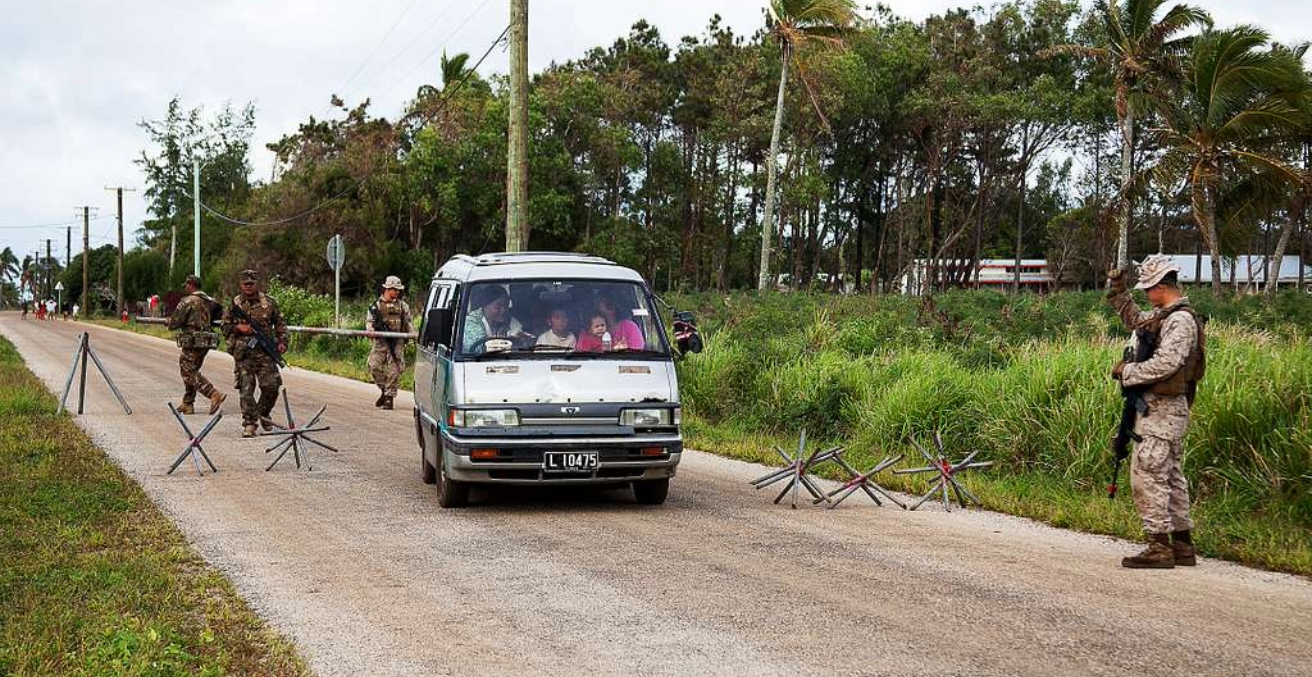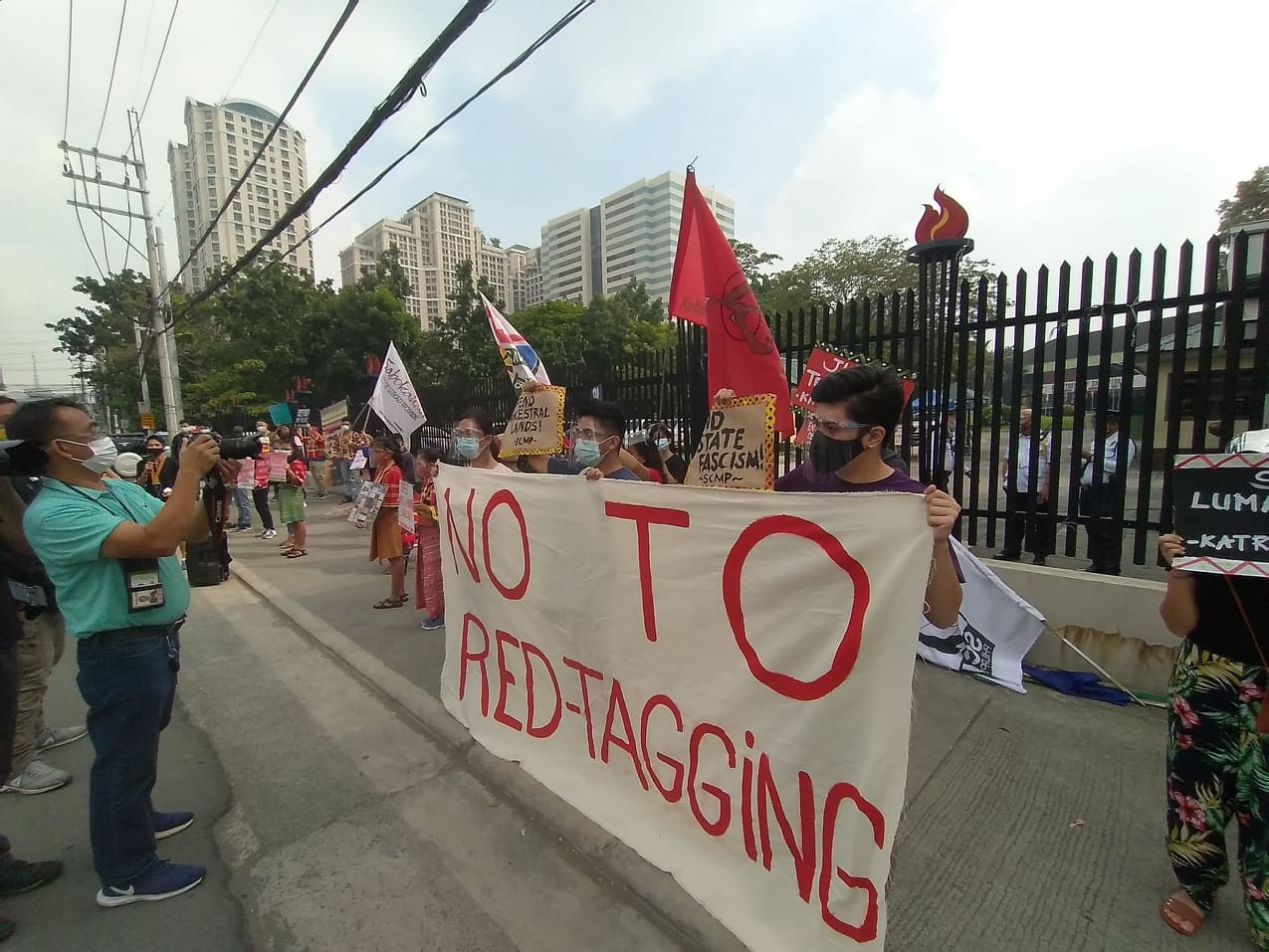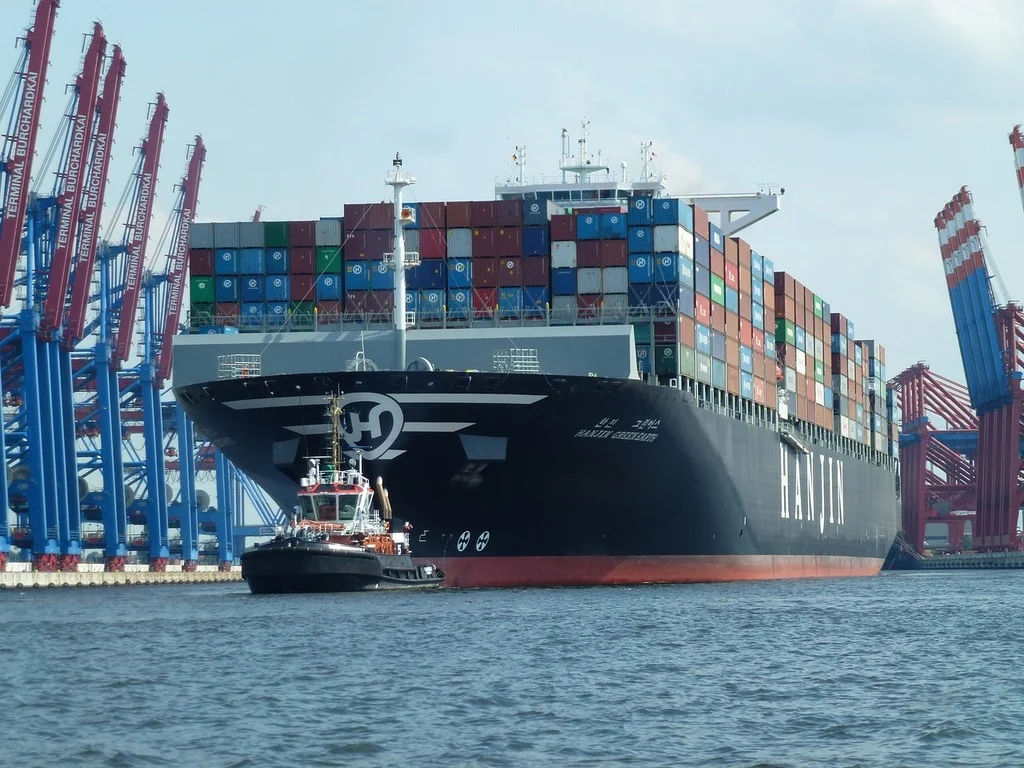France and New Caledonian stakeholders have agreed to start a one-year process that may reconfigure France’s relation to its former colony. However, materialising its goals will require a lot of political manoeuvring.
One of Australia’s nearest neighbours, New Caledonia, may enter a new political configuration, short of independence. On 12 July, 2025, after ten days and nights of intense negotiations, representatives of the French government and six New Caledonian delegations signed the Bougival Accord, setting a one-year calendar to completely reconfigure New Caledonia’s politico-legal configuration, and also France’s constitutional system.
Besides the media fanfare and President Emmanuel Macron hailing the agreement as “historic,” closer inspection shows a weakened pro-independence movement, and France leveraging a unique window of opportunity to consolidate its geostrategic presence in the Pacific; and with it, ensure a stable supply of nickel to France and Europe, while keeping Chinese influence at bay.
This article provides some preliminary reflections on the Bougival Accord upon first reading. It does not intend to disparage the importance of the agreement and its commendable goal to advance self-determination in the region. Its main argument is that the Accord is a consensus made from concessions, but it seems to benefit France the most.
Background
The Accord follows a rushed independence referendum in December 2021, held during the COVID-19 pandemic, and a more turbulent electoral reform in 2024, which extended voting rights to 10-year residents and sparked fears of diluting Indigenous Kanaki influence. Civil unrest promptly resulted, and a brutal military response followed, with 14 dead, thousands of arrests, and independence activists sent to French prisons. The closure of the Kanaki-majority-controlled Koniambo mine, after Glencore’s withdrawal, caused one in six private sector workers to lose their job. Kanaki leaders had traditionally relied on “resource nationalism” to pursue economic autonomy, but economic hardship has diminished their negotiating power in this new agreement.
Legal framework
The Bougival Accord is not legally binding. It is a draft framework that will require further ratification through constitutional reform and a popular referendum scheduled for 2026. Notably, the Accord has no reference to terms such as “independence” or “referendum,” opting for the watered-down “emancipation” and “progressive decolonisation.” The preamble emphasises a “common destiny” between France and New Caledonia, portraying the latter as a benevolent partner and sole guarantor of democratic principles and the rule of law, in stark contrast to Chinese influence in the area. The Accord neatly aligns with France’s Indo-Pacific strategy, which outlines strategic pillars in defence and security, economic interests, rule of law, and ocean management.
Power transfer amid political polarisation
The Accord proposes a possible transfer of power from France to New Caledonia, but only in the areas of international relations, defence, currency, justice, and public order. Such transfer is not automatic, as it requires a qualified majority of 36 out of 54 seats (soon to be 56) in the New Caledonian Assembly. Under the current political fragmentation, 28 seats are held by the anti-independence parties and 25 by the pro-independence parties. Territorial configuration is the main hot topic in a deeply polarised political landscape, with both sides facing a tough time selling the Accord to their constituencies. Pro-independence supporters will likely be disappointed by the renouncement to any full-independence aspirations, whereas anti-independence groups may see a constitutional recognition of the new status quo as a defeat.
Limited transfer of powers
Even if the powers are transferred, France has ensured that it will keep significant control. New Caledonia’s ability to conduct international relations will now have to align with France’s foreign policy. On defence and security, New Caledonia has only obtained a mere consultative role. In regards to justice, Nouméa may develop rehabilitation and penitentiary policies, but the substantive criminal law will remain under French jurisdiction. The currency will remain the Franc Pacific, with a fixed exchange rate with the Euro, and New Caledonia will be given authority only to decide on its “symbolic designs.” This configuration is only novel to France’s paradigmatically centralised system, but is common in federal or autonomous states like Germany, Canada, or Spain.
The new nickel strategy
Nickel extraction may very well be the “de facto” central focus of the Accord. France explicitly links nickel to its, and Europe’s, industrial sovereignty. The Accord seems designed to limit Chinese influence, despite being New Caledonia’s primary nickel customer. After the closure of the Kanaki-controlled Koniambo mine, the Accord seems to resume ”business as usual.” With a weakened economic base, the pro-independence movement appears now more susceptible to concede to French demands. From all the potential infrastructure improvements that could have been proposed, only one is mentioned: improving energy production to ensure nickel production never stops.
A new free-associated state?
Many headlines focused on the novelty of creating “a state within a nation state.” Unprecedented as it may be under French law, it is not much different from territorial organisations elsewhere. British Overseas Territories keep a constitutional link to the United Kingdom and belong to their sovereignty territory. Cook Islands and Niue are self-governing states in free association with New Zealand, which cannot legislate for them, unlike France. Marshall Islands, Micronesia, and Palau are fully sovereign UN members that receive defence, funding, and social services by the US. In contrast, Puerto Rico is a US unincorporated territory that seems to share some similarities with New Caledonia’s proposed novel status (limited exercise of powers in exchange for federal funding and their citizens holding US passports).
In conclusion, the Bougival Accord represents less a breakthrough in global governance than a shift in France’s approach to its former colonies. Most significantly, the Accord points demonstrates a moment of strategic weakness among the pro-independence forces, and a window of opportunity for France to consolidate its strategic presence in the Pacific. However, political gain should come second to protecting an exhausted local population, caught between quarrelling factions, and hoping that any Accord may lead to reconciliation. Their wellbeing is the true key to ensuring a peaceful and prosperous New Caledonia.
Ignacio Portela Giráldez is a PhD Candidate at UNSW ADFA, researching the special territories of the European Union and British Overseas Territories. He holds a joint LLM in Comparative International and European Law by Maastricht University and Pompeu Fabra University and a Juris Doctor by the University of Puerto Rico. He is a Lecturer in Human Rights Protection and European Institutions for Criminal Justice at Pompey Fabra University, and is a former Institutional Relations Officer in the Cabinet of the Minister of Foreign Action and European Union of the Government of Catalonia.
This article is published under a Creative Commons License and may be republished with attribution.





